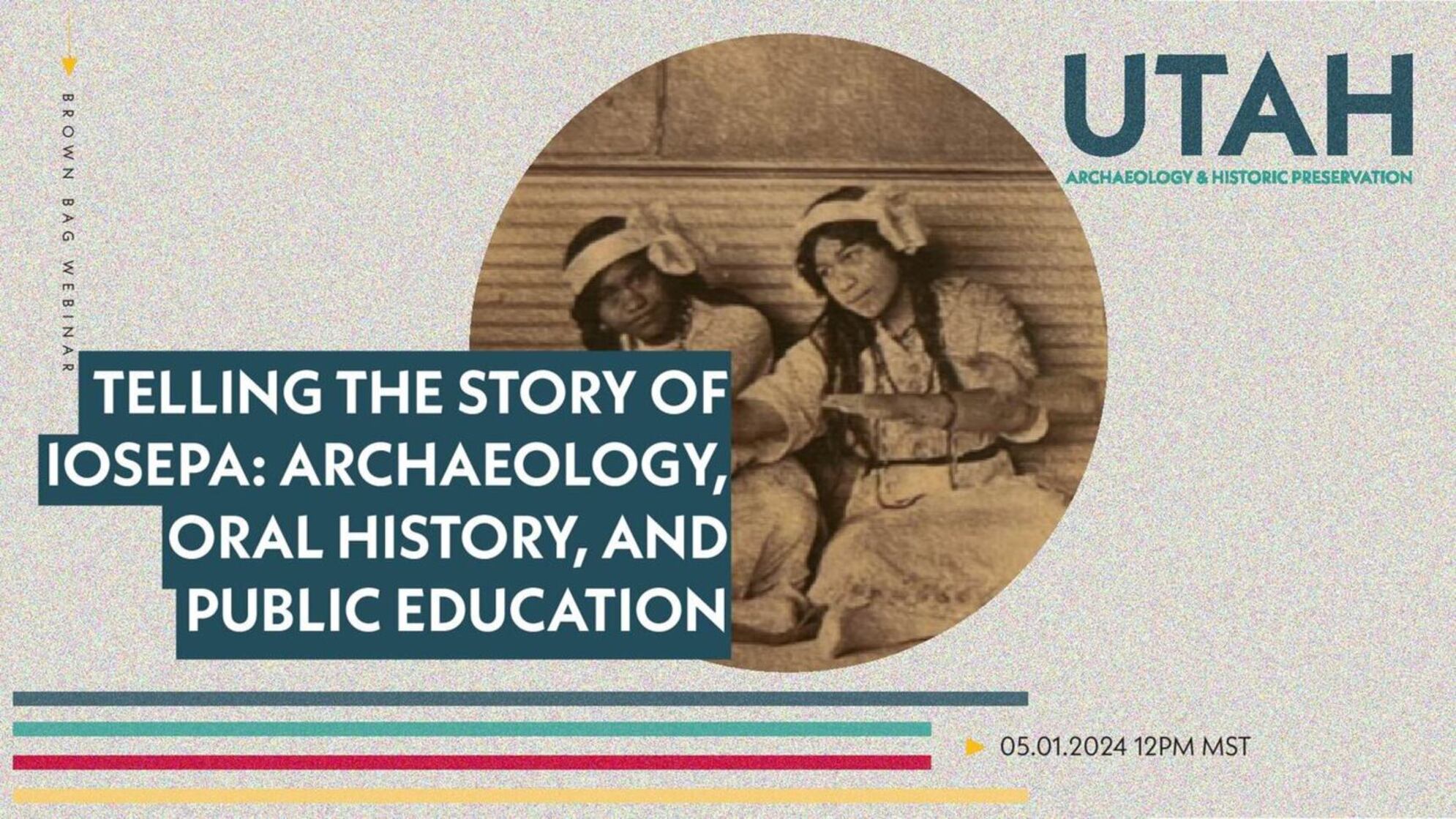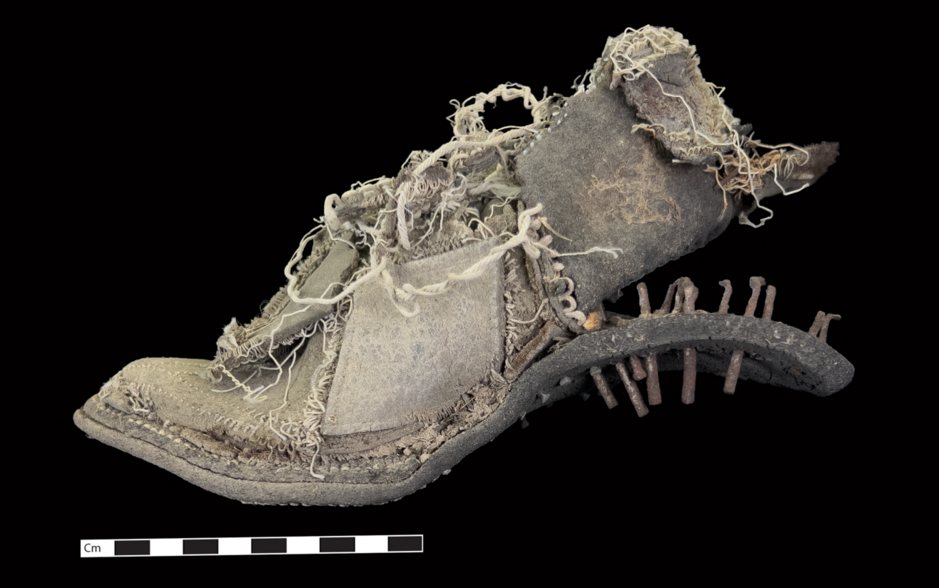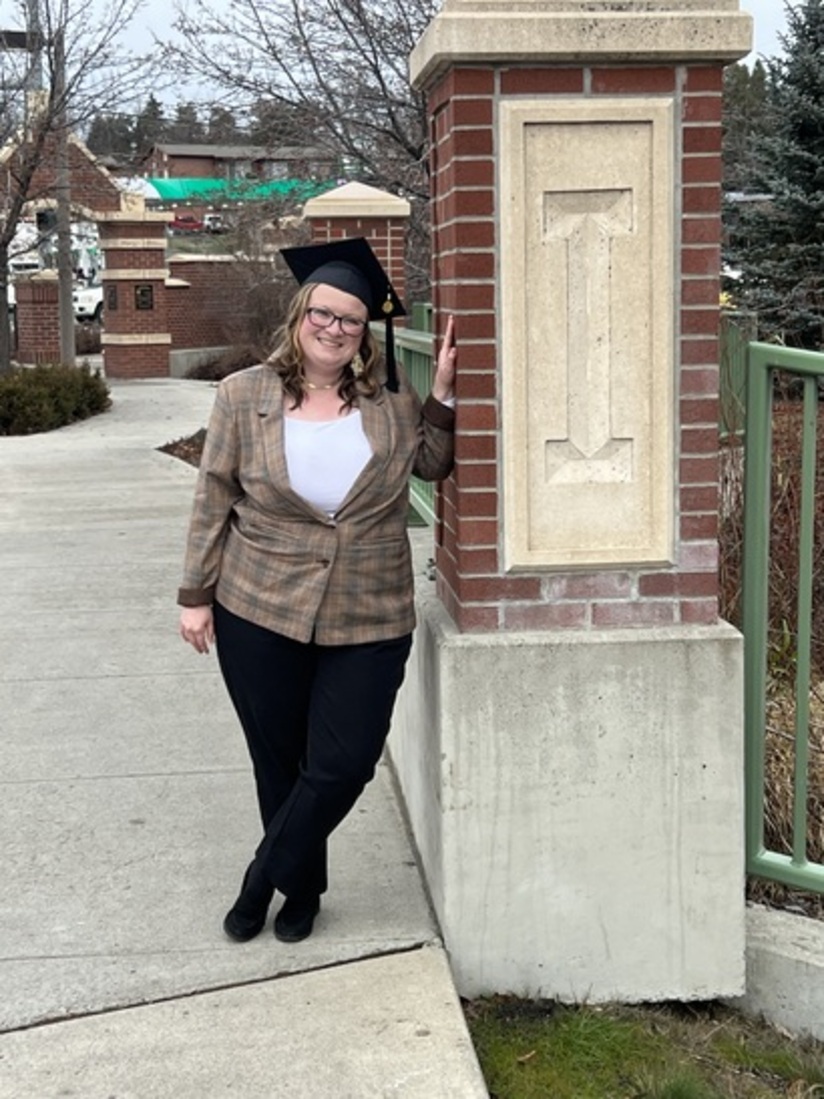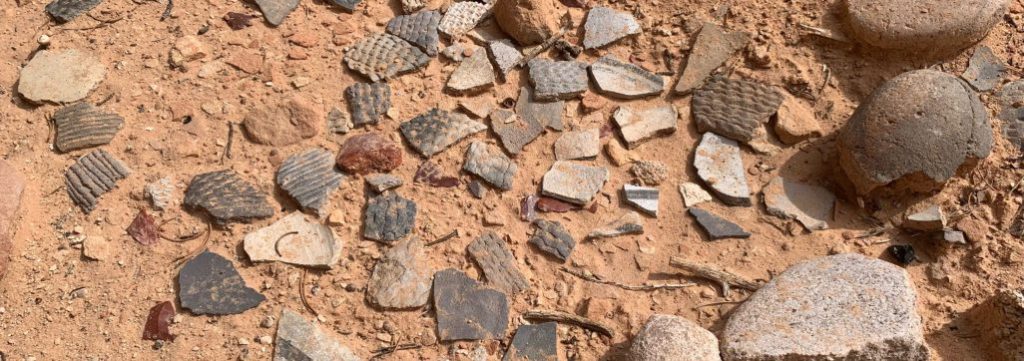
Telling the Story of Iosepa: Archaeology, Oral History, and Public Education
May 1 @ 12:00 pm - 1:00 pm


Archaeology is a fun and exciting way to learn about the past. By interpreting the material objects left by a person or a group of people, the lived experiences of the past are learned. Combining these artifacts with additional sources of information, like journals and newspapers representing the written record, and interviews representing oral histories, an even clearer picture of the past is made. Critical to archaeologist’s effort in learning about the past is to make this knowledge accessible and interesting to the public. Using artifacts from the Iosepa, Utah, settlement, a case study in bridging the gap between archaeologists and the public was explored through collaboration with descendant and stakeholder communities in the creation of a mobile exhibit. This presentation seeks to display how collaboration and community involvement increases public knowledge about and accessibility to archaeology, while in turn increasing archaeology’s inclusion of a variety of narratives, perspectives, and interpretations of the past.
About Our Speaker

Hello, my name is Ally Gerlach! I was born in raised in Utah, and I love our great state. I received my B.S. in Anthropology from Weber State University, and recently graduated with my M.A. in Anthropology with an emphasis in Historical Archaeology from the University of Idaho. While at the University of Idaho, I had the honor of being on the winning team of the Society for American Archaeology’s 2023 Ethics Bowl. I have always known I wanted to be an archaeologist, and I am passionate about bridging the gap between archaeology and the public, as well as telling relatable and inclusive stories about the past.
My thesis “‘As We Gather Each Year’: A Public Archaeology Exhibit for Iosepa” focused on the creation of a mobile exhibit featuring artifacts from Iosepa. Iosepa was a settlement established by the Church of Jesus Christ of Latter-day Saints in Skull Valley, Utah, and was occupied from 1889 to 1917 primarily by Hawaiian and Pacific Islander converts to the Church. Throughout this project I collaborated with the descendant community to select and interpret the artifacts, as well as the selection of themes and stories that would be included.
Register directly through Zoom to stay up to date and receive reminders for this online event!


